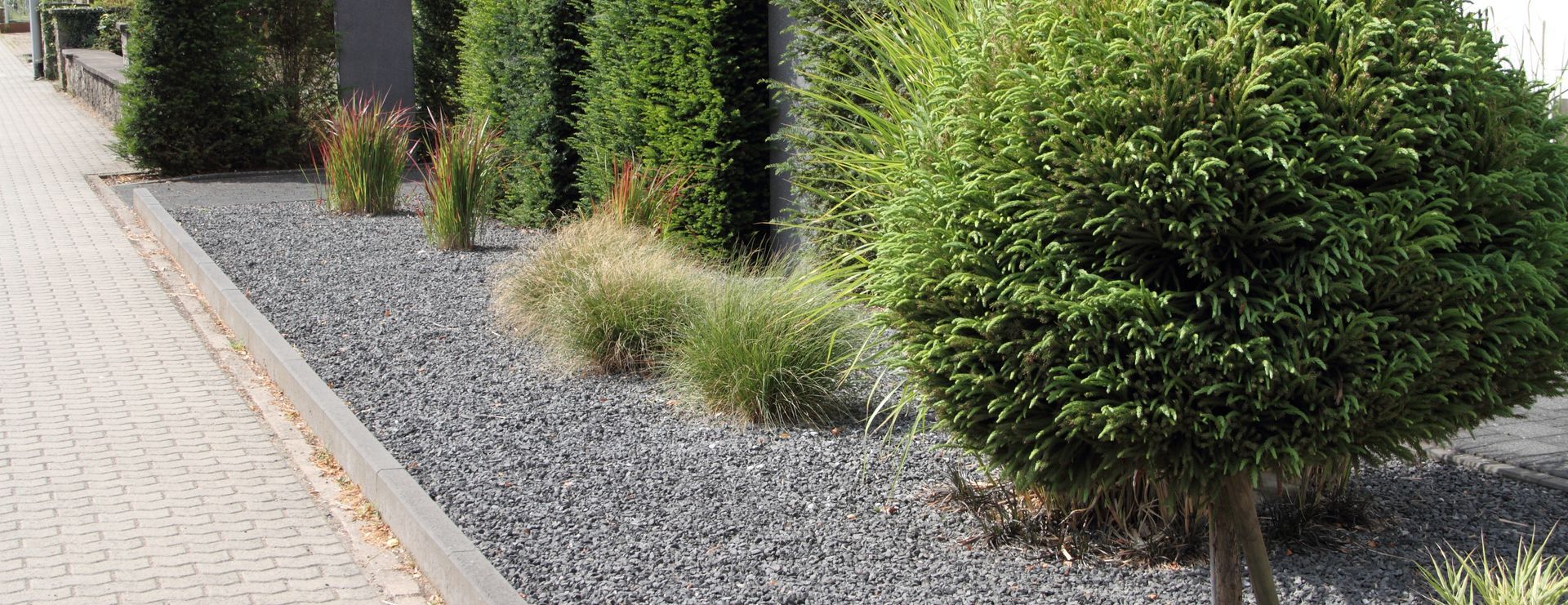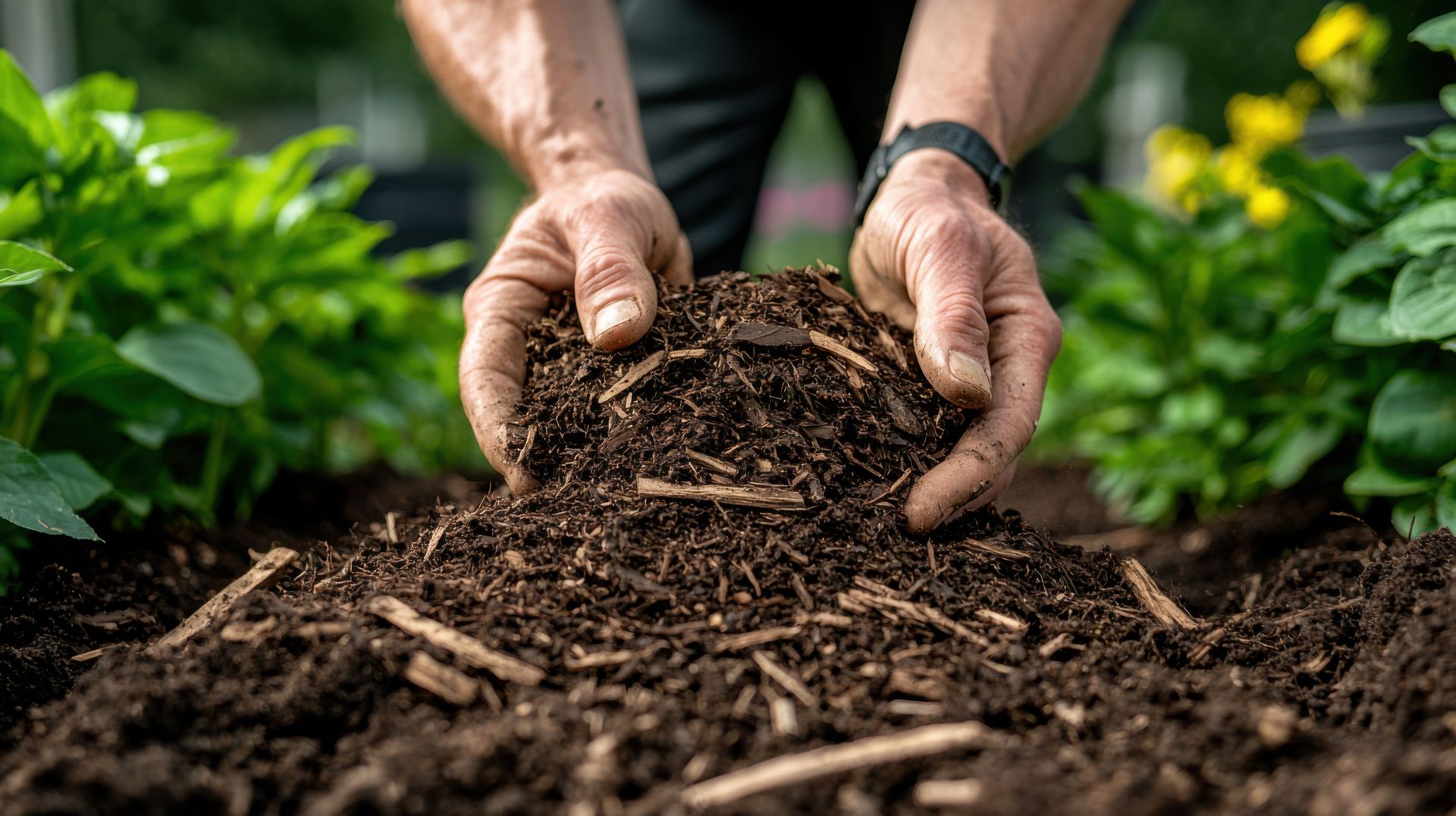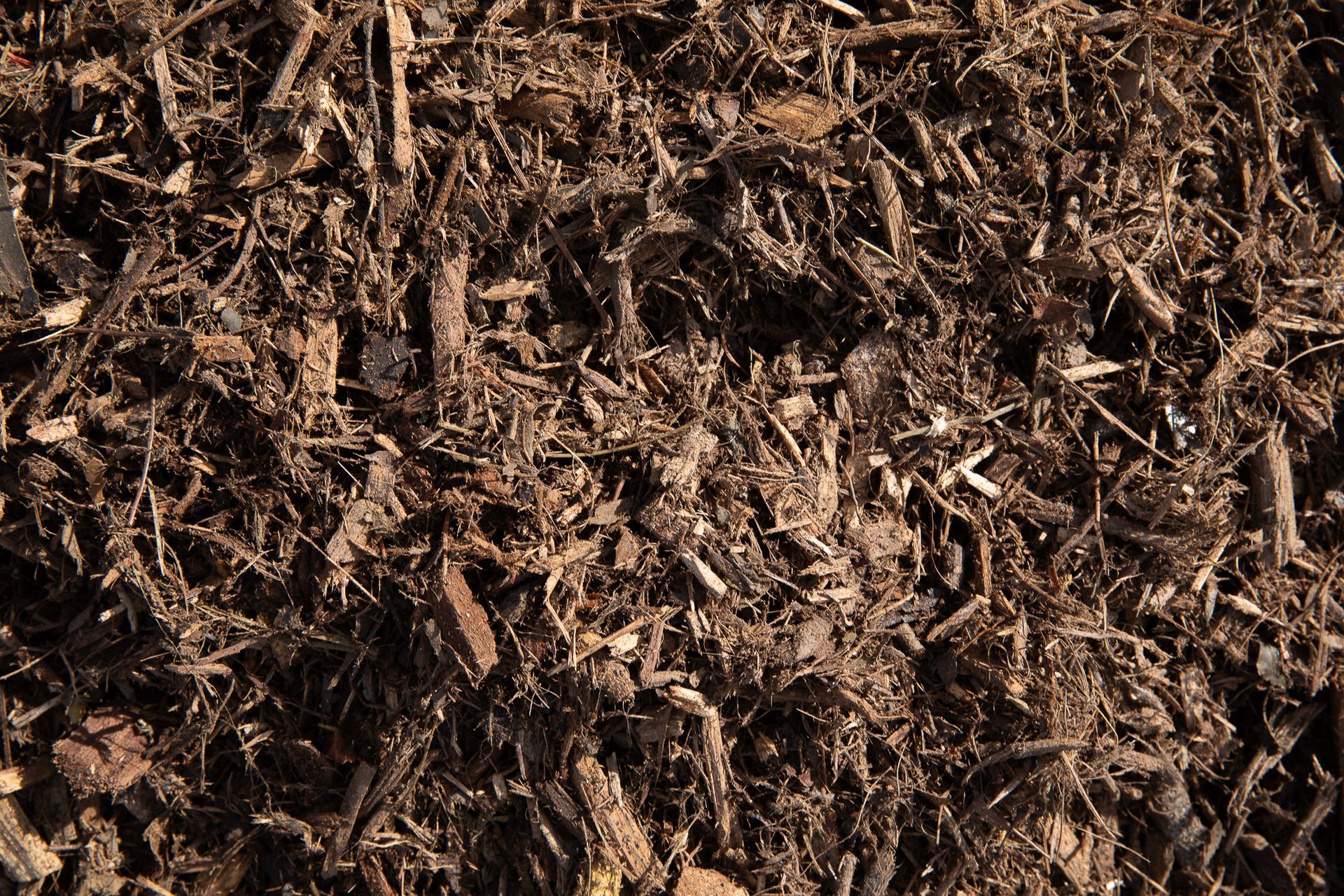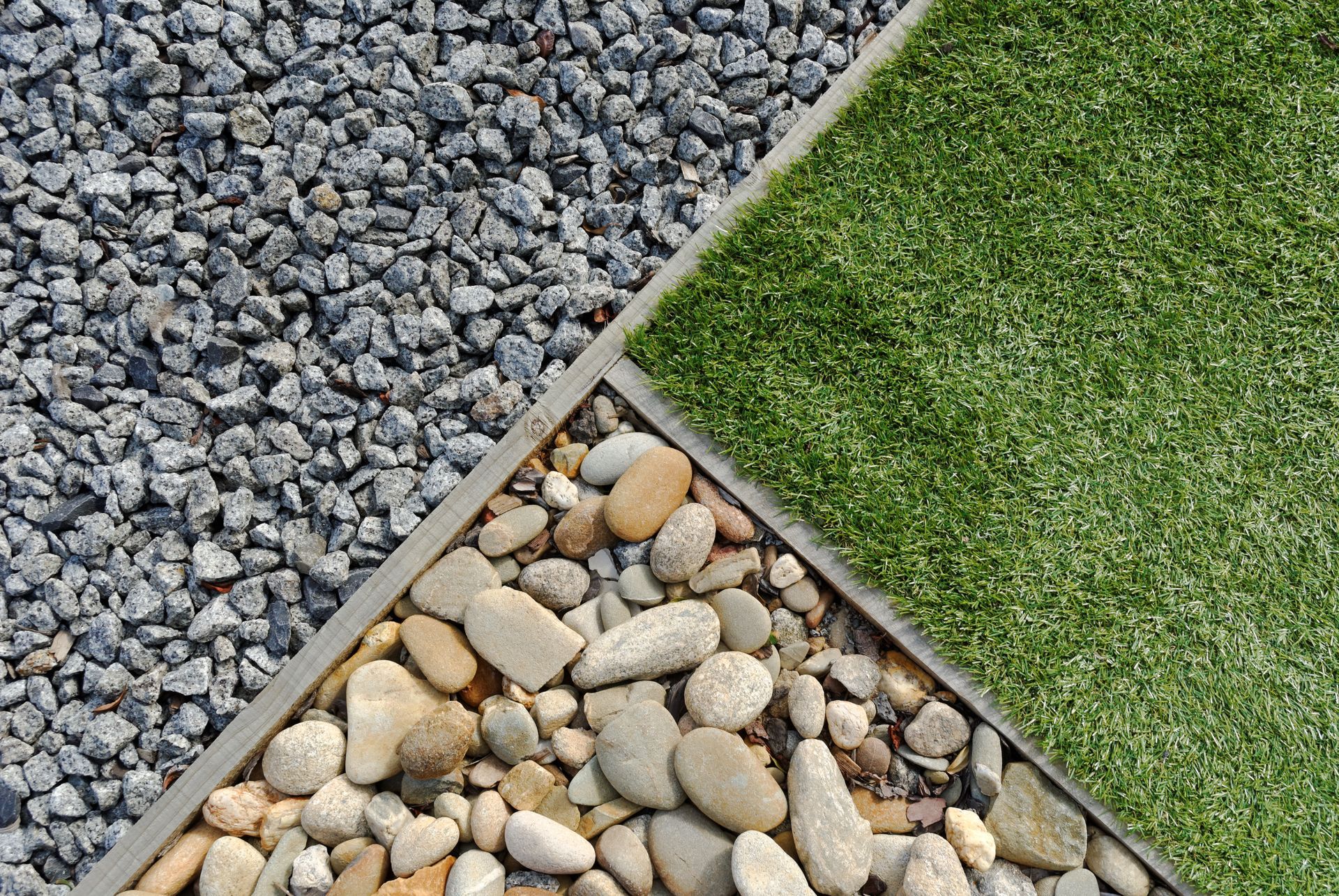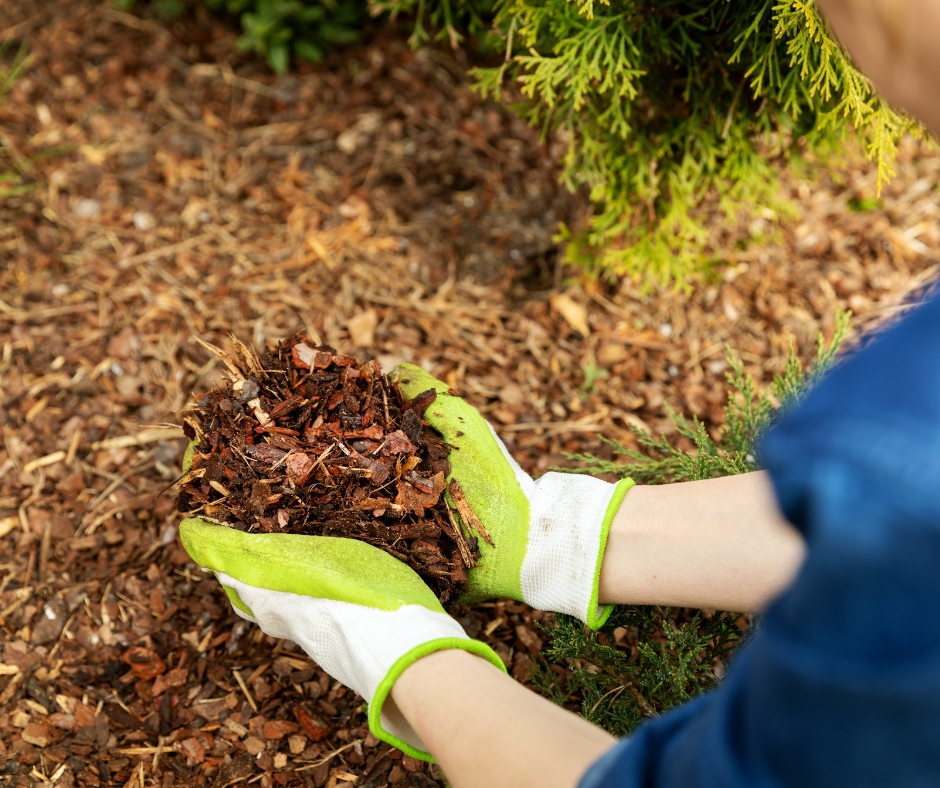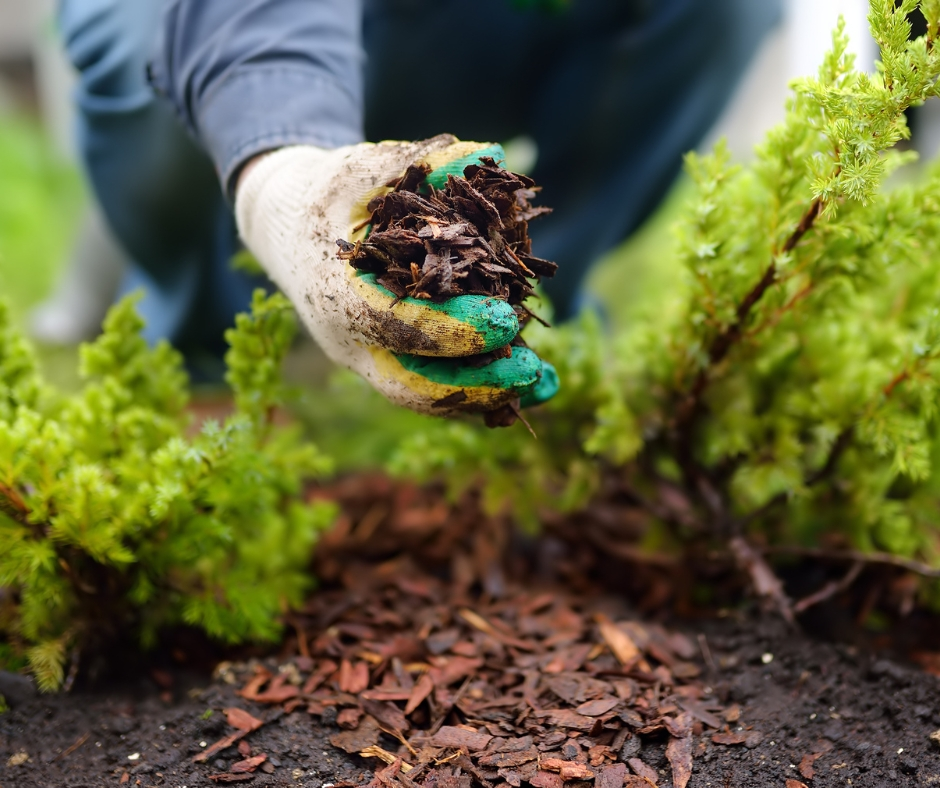The Benefits of Mulching: More Than Just Aesthetic Appeal
Mulching is a crucial practice in landscaping and gardening that offers numerous benefits beyond just enhancing your garden's visual appeal. By understanding the various advantages of mulching and the different types available, you can optimize your garden's health and vitality. In this blog post, we'll explore how mulch helps with moisture retention, weed control, and soil health and delve into the specific uses of different types of mulch.
Moisture Retention
One of the primary benefits of mulching is its ability to retain moisture in the soil. Mulch acts as a barrier between the soil and the atmosphere, reducing evaporation and helping the soil stay moist for longer. This is particularly beneficial during hot and dry seasons when water conservation is essential.
- Organic Mulch: Wood chips, straw, and shredded leaves are excellent for moisture retention. They decompose over time, adding organic matter to the soil, which improves its water-holding capacity.
- Inorganic Mulch: Gravel, stones, and plastic mulch also help retain moisture by limiting evaporation, although they do not provide the added benefit of improving soil structure.
Weed Control
Mulching is an effective method for controlling weeds in your garden. Covering the soil with a layer of mulch prevents sunlight from reaching weed seeds, inhibiting their germination and growth. This reduces the need for chemical herbicides and labor-intensive weeding.
- Organic Mulch: Bark mulch, grass clippings, and compost effectively suppress weeds. As they decompose, they create a dense mat preventing weed growth.
- Inorganic Mulch: Landscape fabric, rubber mulch, and stones are also helpful for weed control. These materials create a physical barrier that prevents weeds from emerging.
Soil Health
Mulching significantly contributes to the overall health of your soil. Organic mulches, in particular, break down over time and enrich the soil with essential nutrients, promoting the growth of beneficial microorganisms. Mulch also helps regulate soil temperature, keeping it cooler in the summer and warmer in the winter, creating a more stable environment for plant roots.
- Organic Mulch: Composted manure, leaf mold, and hardwood chips are excellent for improving soil health. They decompose gradually, releasing nutrients that enhance soil fertility and structure.
- Inorganic Mulch: While not contributing directly to soil fertility, materials like gravel and plastic can protect soil from erosion and compaction, indirectly supporting soil health.
Different Types of Mulch and Their Specific Uses
Understanding the different types of mulch and their specific applications can help you choose the best option for your garden.
- Bark Mulch: Ideal for decorative purposes and around trees and shrubs. It breaks down slowly, providing long-term benefits.
- Compost: Great for vegetable gardens and flower beds. It enriches the soil with nutrients and improves soil structure.
- Straw: Excellent for vegetable gardens, particularly around crops like strawberries and tomatoes. It decomposes relatively quickly, adding organic matter to the soil.
- Wood Chips: Suitable for pathways, around trees, and shrubs. They decompose slowly and are effective at moisture retention and weed suppression.
- Gravel and Stones: Perfect for xeriscaping and areas with heavy foot traffic. They are durable, low-maintenance, and effective at moisture retention and weed control.
- Landscape Fabric: Useful under decorative mulch or gravel to provide an additional barrier against weeds. It is best for long-term applications where soil improvement is not a primary concern.
Conclusion
Mulching is a simple yet powerful practice that offers many benefits for your garden. Beyond its aesthetic appeal, mulch is vital in moisture retention, weed control, and soil health. By choosing the right type of mulch for your specific needs, you can enhance the beauty and productivity of your garden while promoting a healthier and more sustainable environment. Whether you opt for organic or inorganic mulch, the key is to apply it correctly and consistently to reap the maximum benefits for your landscape.

